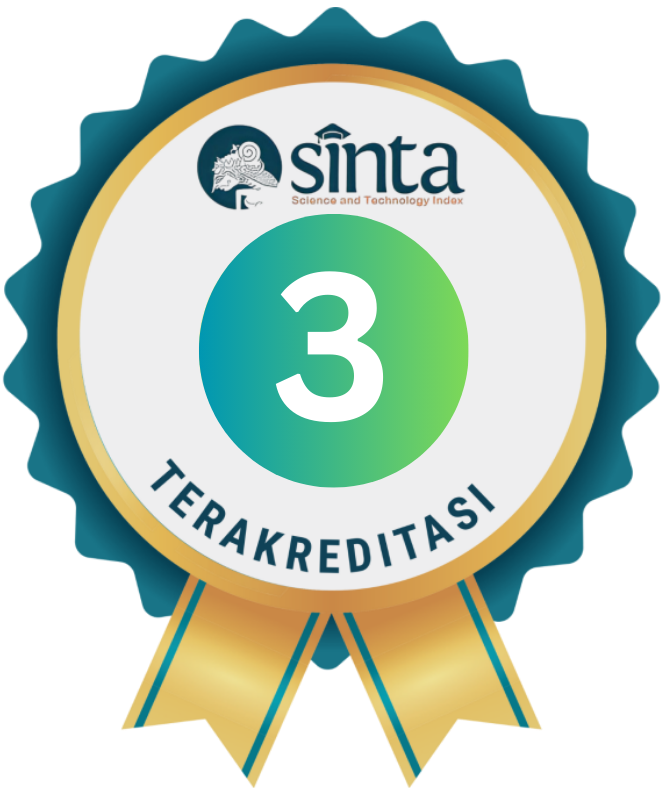Evaluation of the Social and Economic Performance of Productive Waqf Institutions
DOI:
https://doi.org/10.31958/jeh.v9i1.13405Keywords:
Productive Waqf, Social Performance, Economic Performance, Governance, Community Development.Abstract
The concept of productive waqf has emerged as an essential instrument for economic empowerment and social welfare in Islamic societies. However, the effectiveness of these institutions in fulfilling their dual purpose of social and economic development remains a topic of discussion. This study aims to evaluate the social and economic performance of productive waqf institutions, focusing on how they contribute to community welfare and financial sustainability. The objectives are to assess the efficiency of waqf management, identify the social impact on beneficiaries, and evaluate the economic outcomes for stakeholders. This research adopts a mixed-methods approach, combining qualitative and quantitative analyses. Data was collected through surveys, interviews, and financial reports from selected waqf institutions. The study applied performance evaluation indicators such as social impact measurement, financial return analysis, and stakeholder satisfaction metrics. The findings reveal that productive waqf institutions have the potential to significantly enhance social welfare, providing essential services such as education, healthcare, and financial support. However, economic performance varies widely across institutions due to differences in management practices, resource allocation, and investment strategies. Institutions with strong governance and strategic financial planning were more successful in achieving sustainable growth and social impact. The study concludes that while productive waqf institutions play a crucial role in socio-economic development, there is a need for standardized governance frameworks to enhance both their social and economic performance. Enhancing managerial capacity and improving transparency can further strengthen their role in community development.References
Abidin. (2014). Desain Sistem Pembelajaran dalam Konteks Kurikulum 2013. Bandung: Refika Aditama.
Arikunto. (2006). Prosedur Penelitian Suatu Pendekatan Praktek. Jakarta : PT. Rineka Cipta.
Bariyah, S. H., & Imania, K. A. N. (2018). Implementasi blended learning berbasis moodle pada jurusan pendidikan teknologi informasi. PETIK: Jurnal Pendidikan Teknologi Informasi Dan Komunikasi, 4(2), 106-113.
Dewi, R. M., & Perdhana, M. S. (2016). Peran Gender, Usia, dan Tingkat Pendidikan terhadap Organizational Citizenship Behavior (OCB). Diponegoro Journal of Management, 5(2), 345-353.
Fadillah, E. N. (2017). Pengembangan instrumen penilaian untuk mengukur keterampilan proses sains siswa SMA. Didaktika Biologi: Jurnal Penelitian Pendidikan Biologi, 1(2), 123-134.
Himawan, R., & Nurgiyantoro, B. (2022). Analisis butir soal latihan penilaian akhir semester ganjil mata pelajaran bahasa Indonesia kelas VIII SMPN 1 Bambanglipuro Bantul menggunakan program ITEMAN. KEMBARA: Jurnal Keilmuan Bahasa, Sastra, Dan Pengajarannya, 8(1), 160-180.
Ida, F. F., & Musyarofah, A. (2021). Validitas dan Reliabilitas dalam Analisis Butir Soal. AL-MU'ARRIB: JOURNAL OF ARABIC EDUCATION, 1(1), 34-44.
Jayati, S. S. (2022). APLIKASI QUIZIZZ PENGGERAK MOTIVASI DAN KOMPETISI SISWA KELAS VIII SMP UNTUK MERAIH KKM PELAJARAN BAHASA INDONESIA. Jurnal Skripta, 8(2), 19–35. https://doi.org/10.31316/skripta.v8i2.4627
Kusaeri., & Suprananto. (2012). Pengukuran dan Penilaian Pendidikan. Yogyakarta: Graha Ilmu.
N. Idris. (1997). “Innovative Use of Mass Communication Technology for Education in Indonesia.” Jurnal Studi Indonesia 07(02).
Nurgiyantoro, Burhan. (2015). Penilaian Otentik: Dalam Pembelajaran Bahasa. Yogyakarta: Gadjah Mada University Press
Nurgiyantoro, Burhan. (2017). Penilaian Pembelajaran Bahasa Berbasis Kompetensi: Edisi Kedua. Yogyakarta: BPFE-Yogyakarta.
Peraturan Menteri Pendidikan dan Kebudayaan No. 22 Tahun 2016 tentang Standar Proses Pendidikan Dasar dan Menengah.
Pradani, R. A., & Efendi, A. (2023). Analisis Butir Soal Ujian Sekolah Menggunakan Program Iteman (Analysis of School Exam Questions Using the Iteman Program). Indonesian Language Education and Literature, 8(2), 275-289.
Rokhmah, A. I. N., Widawati, C. W., Yuniarta, I. R., & Suwandi, S. (2022). Studi kasus pelaksanaan asesmen pembelajaran bahasa Indonesia menggunakan aplikasi Moodle. Jurnal Inovasi Teknologi Pendidikan, 9(2), 160-169.
Sari, V. N. I., Utomo, A. P. Y., & Sumarwati, S. (2022). Kualitas Soal Bahasa Indonesia di SMP Muhammadiyah 1 Pontianak: Analisis Butir Soal. Jurnal Pendidikan Bahasa Dan Sastra Indonesia, 11(2), 112-119.
Suhartono, Suparlan. (2007). Filsafat Pendidikan. Jogjakarta: Ar-Ruzz Media.
Undang-Undang Republik Indonesia Nomor 20 Tahun 2023 Tentang Sistem Pendidikan Nasional
Uno, Hamzah B., Koni, Satria. (2012). Assessment Pembelajaran: Salah Satu Bagian Penting dari Pelaksanaan Pembelajaran yang Tidak dapat Diabaikan Adalah Pelaksanaan Penilaian. Jakarta: Bumi Aksara.
Yanti, N., Suhartono, S., & Kurniawan, R. (2018). Penguasaan materi pembelajaran keterampilan berbahasa Indonesia mahasiswa s1 program studi pendidikan bahasa dan sastra Indonesia fkip Universitas Bengkulu. Jurnal Ilmiah KORPUS, 2(1), 72-82.
Downloads
Published
How to Cite
Issue
Section
License
Copyright (c) 2024 Don Gusti Rao

This work is licensed under a Creative Commons Attribution-NonCommercial 4.0 International License.
Authors who publish with this journal agree to the following terms:?á
- Authors retain copyright and grant the journal right of first publication with the work simultaneously licensed under a Creative Commons Attribution License that allows others to share the work with an acknowledgement of the work's authorship and initial publication in this journal.
- Authors are able to enter into separate, additional contractual arrangements for the non-exclusive distribution of the journal's published version of the work (e.g., post it to an institutional repository or publish it in a book), with an acknowledgement of its initial publication in this journal.
- Authors are permitted and encouraged to post their work online (e.g., in institutional repositories or on their website) prior to and during the submission process, as it can lead to productive exchanges, as well as earlier and greater citation of published work.








